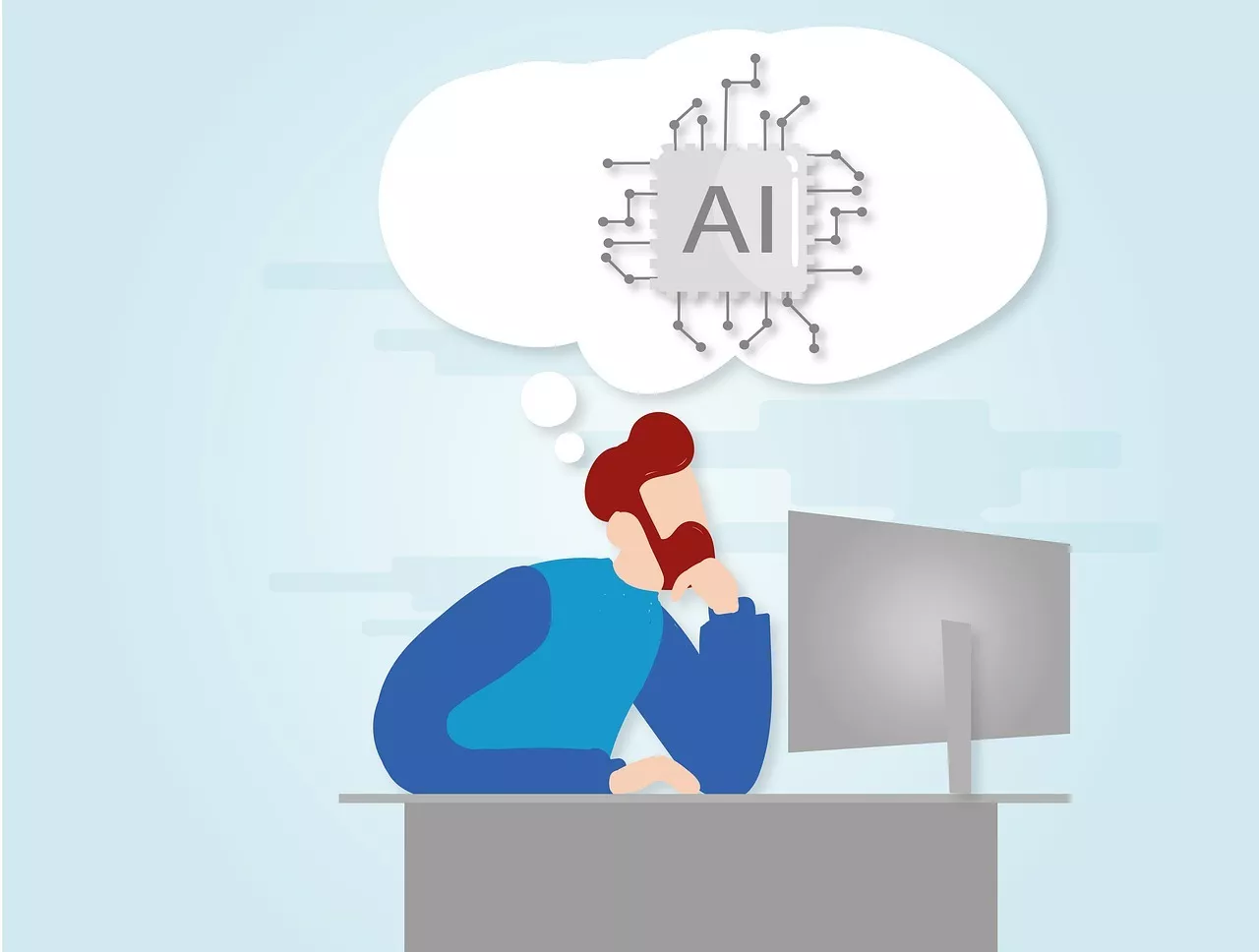What is Quantum Computing?
Quantum computing represents a revolutionary approach to information processing that has the potential to fundamentally change the landscape of computer technology. At its core, it utilizes the principles of quantum mechanics, one of the most fundamental theories of physics describing the behavior of matter and energy at the smallest, subatomic level. This new form of computing differs radically from traditional information processing based on classical bits and opens doors to previously unimaginable computation speeds and capacities.
Traditional computers operate using bits as basic units of information, which can take on values of either 0 or 1. Quantum computers, on the other hand, utilize quantum bits or qubits, which can not only assume the states of 0 or 1 but also superpositions of these states. This property, known as superposition, allows a qubit to perform multiple calculations simultaneously. Another quantum mechanical phenomenon, entanglement, allows qubits to be interconnected in a way that has no direct counterpart in classical physics. This means that the state of one qubit can instantly influence the state of another, regardless of the distance between them.
These two principles – superposition and entanglement – are what give quantum computers their potentially enormous computing power. They enable quantum computers to tackle problems that are practically unsolvable for traditional computers. These include tasks such as factoring large numbers, which has direct implications for cryptography, simulating complex chemical processes crucial for the development of new materials and drugs, as well as optimization problems in various scientific and industrial domains.
Despite its impressive potential, quantum computing is still in a relatively early stage of development. The fabrication and control of qubits are extremely challenging due to their sensitivity to external influences such as temperature fluctuations and electromagnetic radiation. This leads to errors in calculations that need to be overcome to build reliable quantum computers. Researchers worldwide are working on various approaches to increase the stability of qubits and develop effective error correction mechanisms.
At the heart of the question "What is quantum computing?" lies the exploration of a groundbreaking technology based on the principles of quantum mechanics, with the potential to surpass the limits of conventional computer technologies. Quantum computing harnesses unique properties of the quantum world, such as superposition and entanglement, to process data in ways inaccessible to classical computers. By utilizing qubits that can exist in multiple states simultaneously, quantum computing opens new horizons for data processing. This ability to perform multiple calculations in parallel promises a quantum leap in solving problems that were previously considered too complex, from cryptography to materials science. However, despite the impressive theoretical possibilities, researchers and engineers face enormous technical challenges to practically implement this technology and develop reliable quantum computers capable of realizing their full potential.
In summary, quantum computing is an exciting and forward-looking field that could fundamentally change the way we think about data processing and analysis. While practical quantum computers may still be years or even decades away, progress in this area is a clear indication that the quantum revolution is approaching. Fully harnessing its potential could lead to breakthroughs in numerous disciplines and redefine the boundaries of what is computationally possible.











